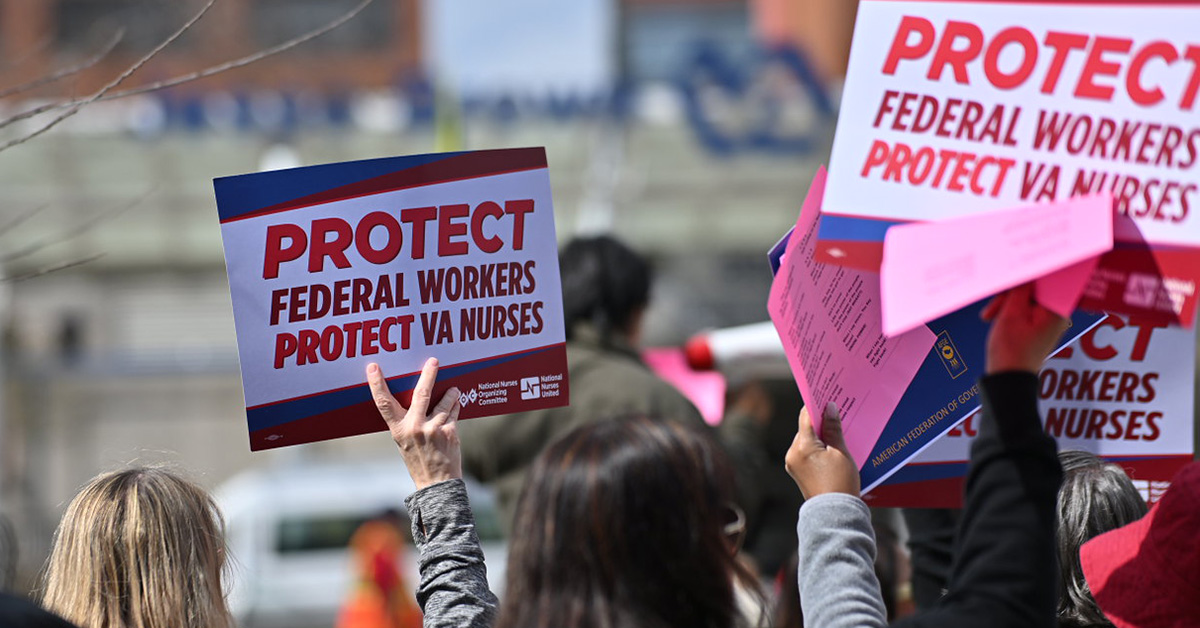Collective bargaining agreements under review
In recent months, several U.S. federal agencies have altered or ended collective bargaining agreements with employee unions. These changes stem from executive orders that restrict unions’ ability to negotiate workplace conditions. This has sparked debate over government efficiency and employee representation.
Since the 1960s, federal workers have had the right to join unions and negotiate specific aspects of their work environment. However, they are not allowed to strike or bargain over wages. Through these agreements, issues such as disciplinary procedures, parental leave policies, and workplace safety standards have been shaped.
Executive orders and legal disputes
In March, an executive order limited collective bargaining rights for over one million federal employees across roughly 20 agencies. This was followed by another order in August that expanded the scope. Some agencies also halted automatic union dues deductions, impacting the financial stability of labor organizations.
The measures have faced multiple lawsuits. While litigation is ongoing, courts have allowed parts of the policies to move forward. To date, several agencies have canceled contracts, while others remain under legal review.
Workplace and security implications
Agencies argue that removing collective bargaining obligations enables them to allocate more resources to core functions, including those tied to national security. Unions and employees, however, contend that reducing their role weakens their influence on internal policies. These policies directly affect work-life balance and service quality.
Some federal employees have expressed concerns about a potential loss of specialized professionals. This could diminish institutional knowledge within government agencies. As legal processes continue, the long-term impact of these policies remains uncertain. Both employees and agencies await further resolution.



